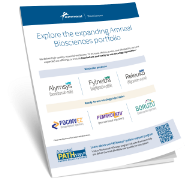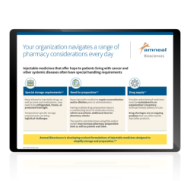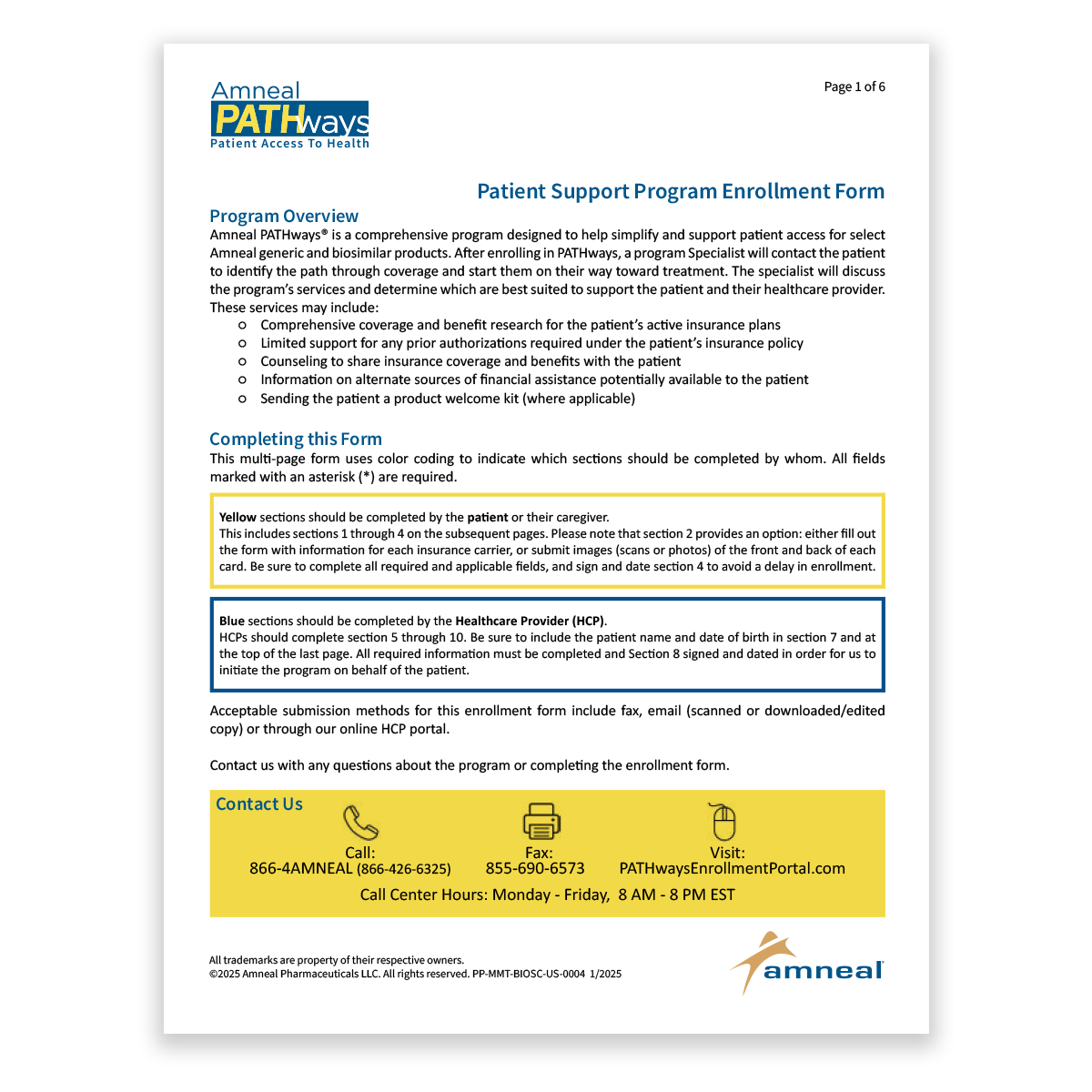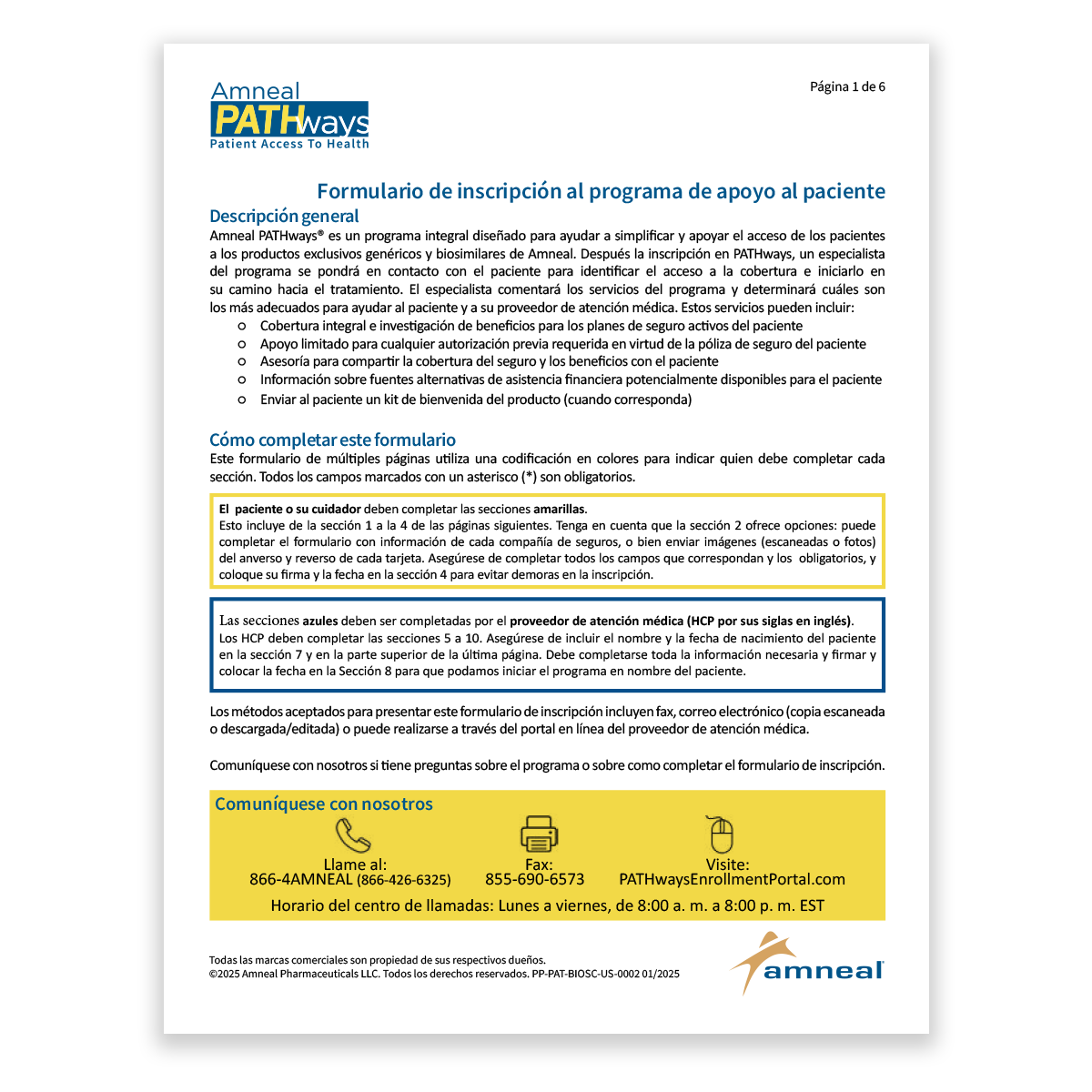

Useful
resources
Downloadable Resources
Download any of our helpful Amneal Biosciences resources below.
For Pharmacy Directors/Providers:
For Patients:
Videos
Hear from Amneal leaders and tour manufacturing facilities.

Amneal Leveraging Strengths to Build Biosimilars Business
Listen to the value that Amneal Biosciences is bringing to the affordable medicine space from the people who work there every day.

Amneal Biosciences Team Inspired by Family & Loved Ones
Hear personal stories from Amneal Biosciences employees about how their experiences with cancer have motivated them to make a difference through the work they do.

Voices of Leadership:
Chirag and Chintu
Discover how the founders of Amneal grew from humble beginnings to build a sophisticated affordable medicines company.
Frequently Asked Questions
Get answers to frequently asked questions.













